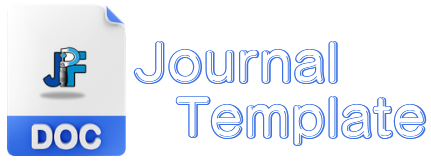Screening for Plagiarism
Plagiarism, defined as the unethical act of utilizing another individual's ideas, methods, findings, or language without appropriately acknowledging the original source, is strictly condemned by JPF. It encompasses instances where a significant portion of previously published work is incorporated into a manuscript without proper citation, whether it involves updating existing material or submitting identical content to multiple journals.
JPF upholds a zero-tolerance policy towards all forms of unethical copying or plagiarism. Any instance where a substantial portion of the manuscript is directly copied from a prior publication constitutes plagiarism. Authors are required to assert that their submission is original, has not been previously published, and is not under consideration elsewhere.
Additionally, JPF prohibits self-plagiarism, which involves duplicating one's own work, whether in full or in part, without appropriate referencing. To detect plagiarism, JPF utilizes the Turnitin similarity checker program for every submitted paper. Authors are encouraged to utilize Turnitin to cross-check their manuscripts for plagiarism before submission, with the software's results to be provided either as an attachment or mentioned in the supplemental file.
Upon identification of plagiarism, the severity of the offense, as indicated by the percentage of plagiarized content, determines the course of action:
- If the plagiarism falls within the range of 10-20%, the manuscript will be returned to the author for revision without being assigned an ID.
- Plagiarism exceeding 20% will result in immediate rejection of the manuscript without undergoing review.








